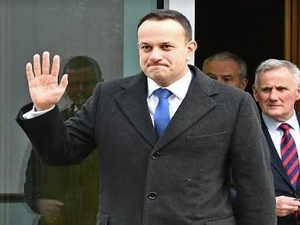
By Cate McCurry, PA
The Tanaiste and the DUP leader had a “very frank” discussion around ongoing issues with the Northern Ireland Protocol on Thursday.
Leo Varadkar was meeting with Sir Jeffrey Donaldson to assess the post-Brexit arrangements and Covid recovery.
The Fine Gael leader said Sir Jeffrey “didn’t mince his words” about the DUP’s assessment of the difficulties created by the controversial Northern Ireland Protocol.
The meeting came hours after the DUP leader said the pair’s discussion would be “meaningless” unless Mr Varadkar adopted a new approach on the issue.
The protocol, part of the Brexit divorce deal agreed by the UK and Brussels, effectively keeps Northern Ireland in the EU’s single market for goods.
This means checks on goods being sent from Great Britain into the single market, and in some cases could result in prohibitions on certain products that do not comply with EU rules.
The protocol was put in place to ensure there would be no hard border with Ireland, but it has instead effectively placed a trade barrier in the Irish Sea and is deeply unpopular with unionists, who have insisted it should be removed.
Speaking after his meeting with Sir Jeffrey, Mr Varadkar said: “I had a very good meeting with Jeffrey and his team and he was very frank, he didn’t mince his words about their assessment of the protocol and the difficulties they feel it’s creating.”
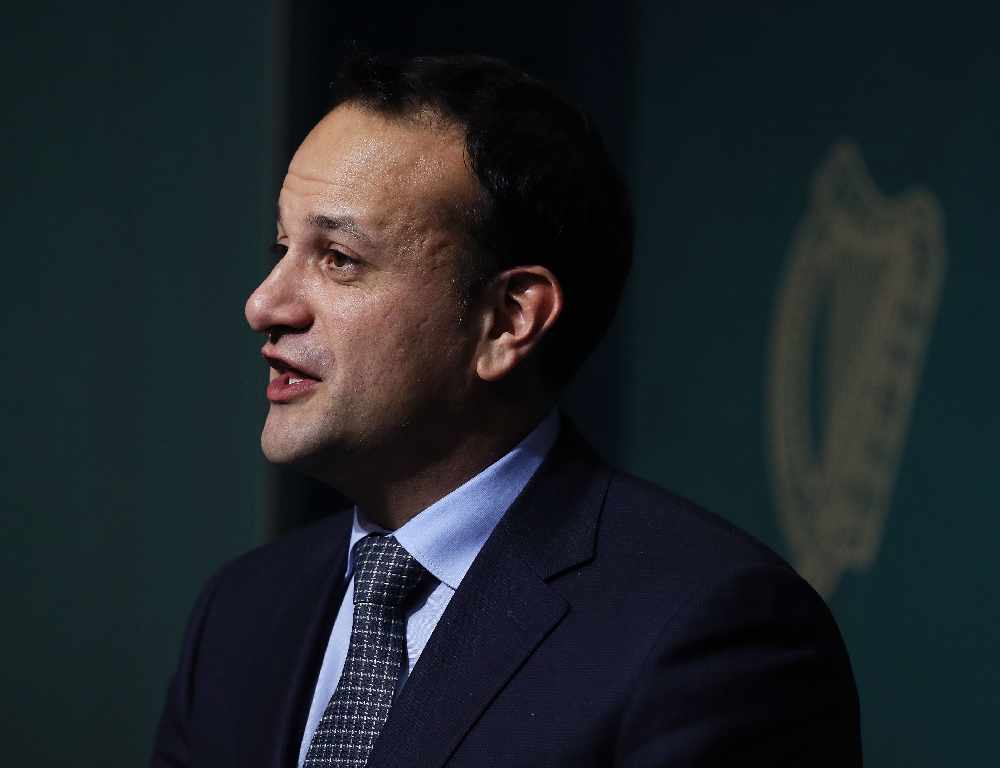
Tanaiste Leo Varadkar
Mr Varadkar also met with business representatives during his two-day visit to Northern Ireland.
“I think in many ways there are two sides to the protocol and two sides to the coin and I think in fairness to Jeffrey, he acknowledged that too,” Mr Varadkar added.
“A lot of business people are saying to me that it has resulted in a major increase in north/south trade, going in both directions, and that has been beneficial to them.
“It’s also led to an increase in enquiries in investment in Northern Ireland because of the unique position that Northern Ireland now has with access to the European single market and the Great British market.
“I would argue that is something that no other territory has, but at the same time, the real practical difficulties businesses have in terms of the forms they have to fill in, additional costs which will get worse at the end of the grace period, so there is very much two sides to that coin.”
He said that the Republic and England had also been affected by trade disruption.
“We know in England where Nando’s are having trouble getting staff, McDonald’s are having trouble getting milkshakes, there is trouble getting hauliers, and the protocol doesn’t apply to England, yet they are having those problems too,” he added.
“I think some of the problems put down to the protocol are actually problems related to Brexit, that are experienced in the Republic and in England as well.”
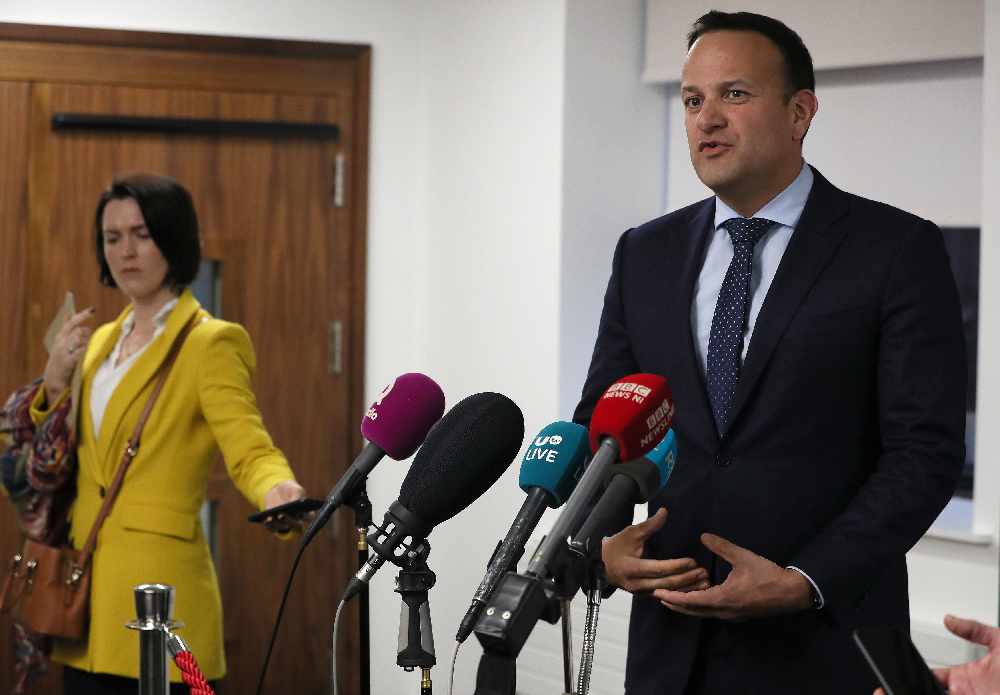
He said that the Irish Government and the EU never wanted trade barriers between the two islands.
Mr Varadkar also said he would not object to extending the grace periods, but said it would not solve the underlying difficulties.
“It puts things off and in my impression, from Jeffrey Donaldson is that wouldn’t be an acceptable outcome from them anyway,” the Fine Gael leader said.
“It would be preferable to come to an agreement but if more time is needed to find time to ratify any agreement, that would be reasonable to do.”
When it was put to Mr Varadkar that he was a “hate figure” in unionism over his role in the Brexit negotiations, he said there were a lot of people who saw him as the “architect” of the protocol.
“For me, the protocol was only ever a means to an end,” he said.


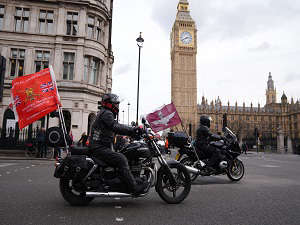 Bikers to descend on Westminster for veterans protest against Legacy Act repeal
Bikers to descend on Westminster for veterans protest against Legacy Act repeal
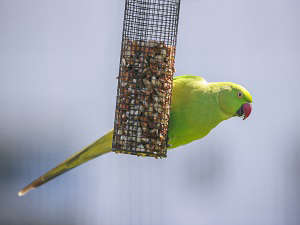 Guidance sought over future of colourful parakeets in Belfast park
Guidance sought over future of colourful parakeets in Belfast park
 Woman released after questioning over pipe bombs in Co Down
Woman released after questioning over pipe bombs in Co Down
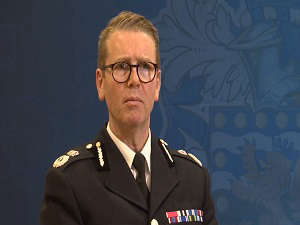 Suspended chief constable will not be prosecuted over alleged sexual offences
Suspended chief constable will not be prosecuted over alleged sexual offences
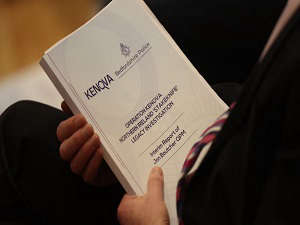 MI5 files not deliberately withheld from Stakeknife probe, review concludes
MI5 files not deliberately withheld from Stakeknife probe, review concludes